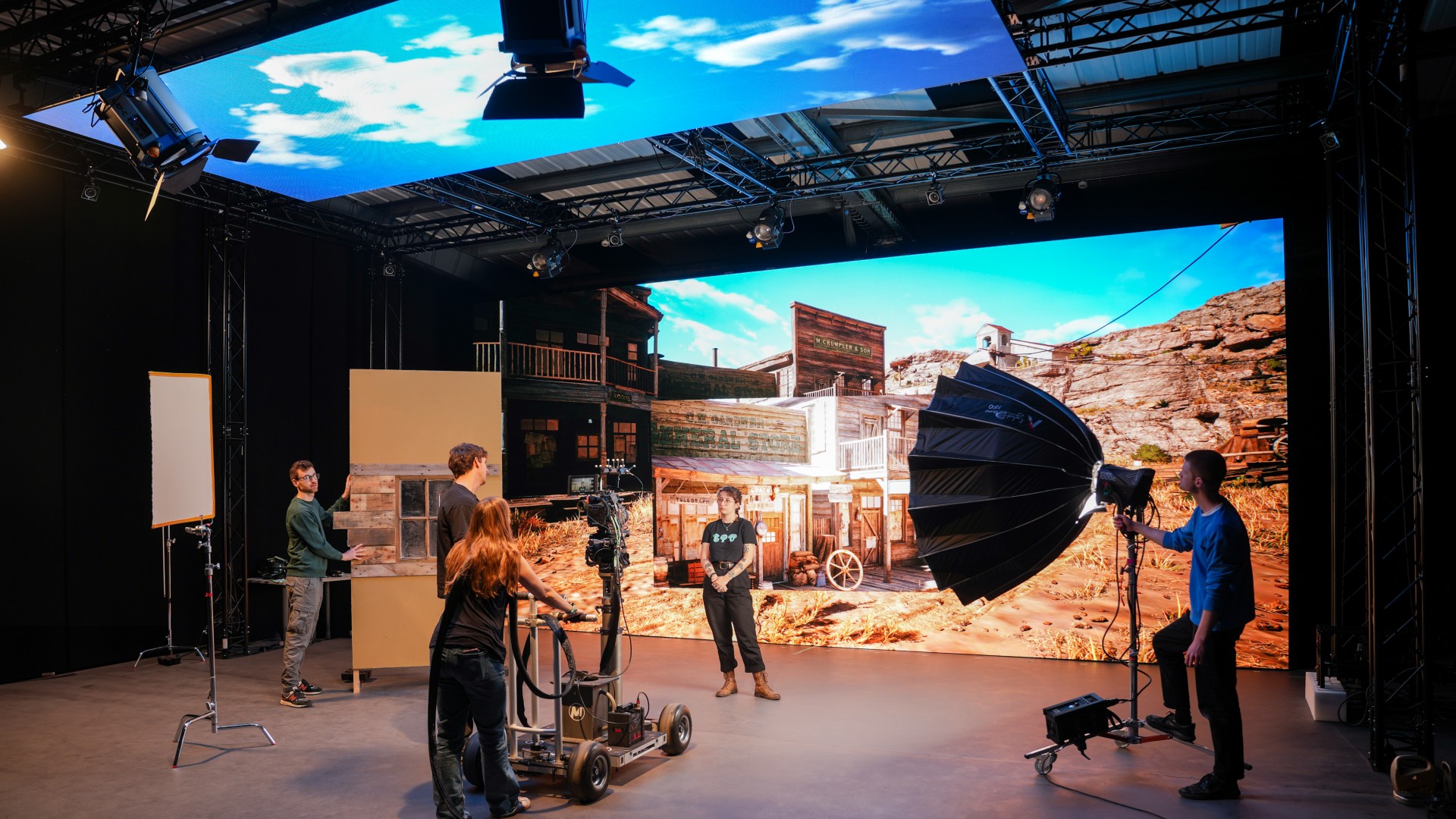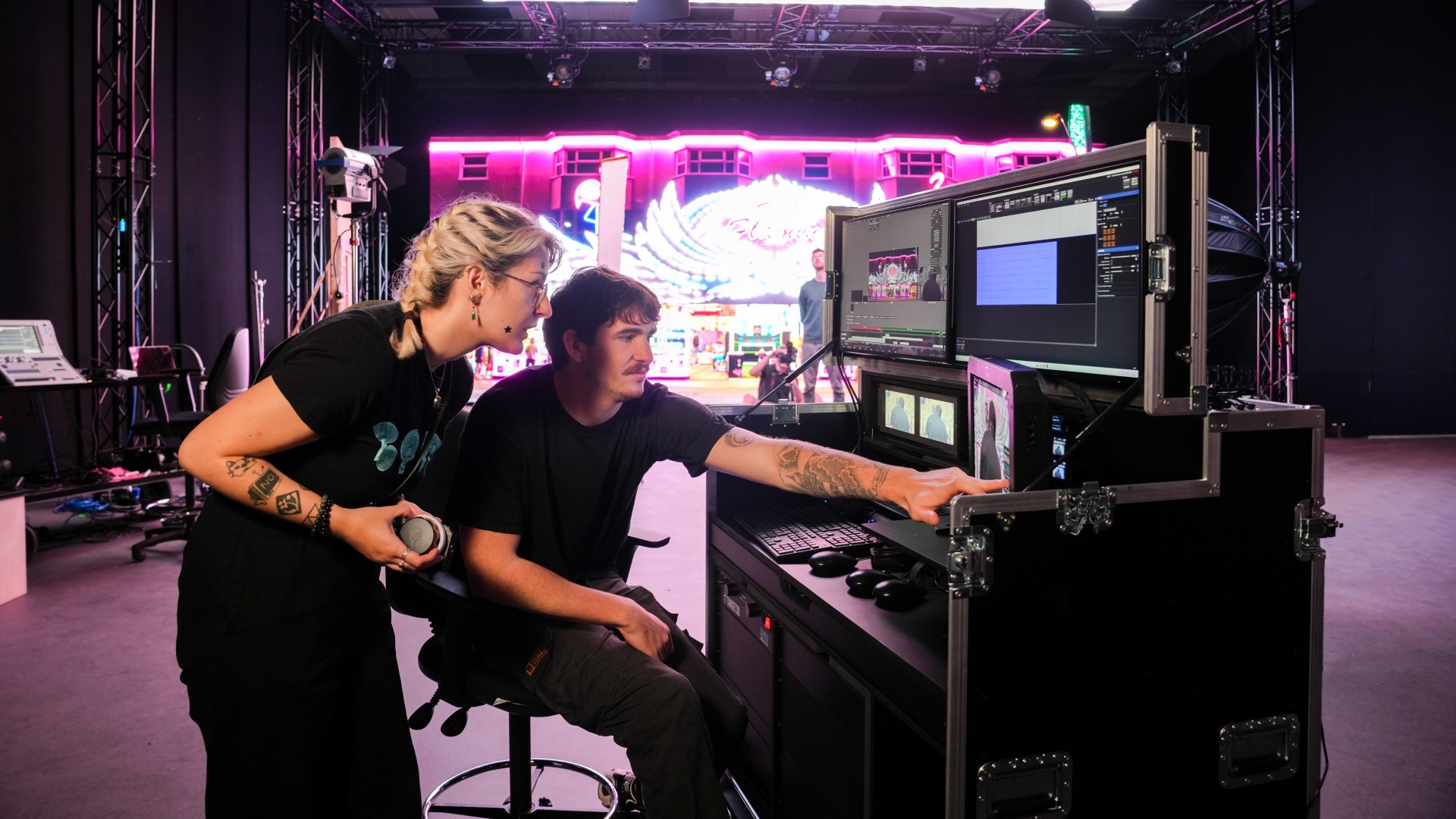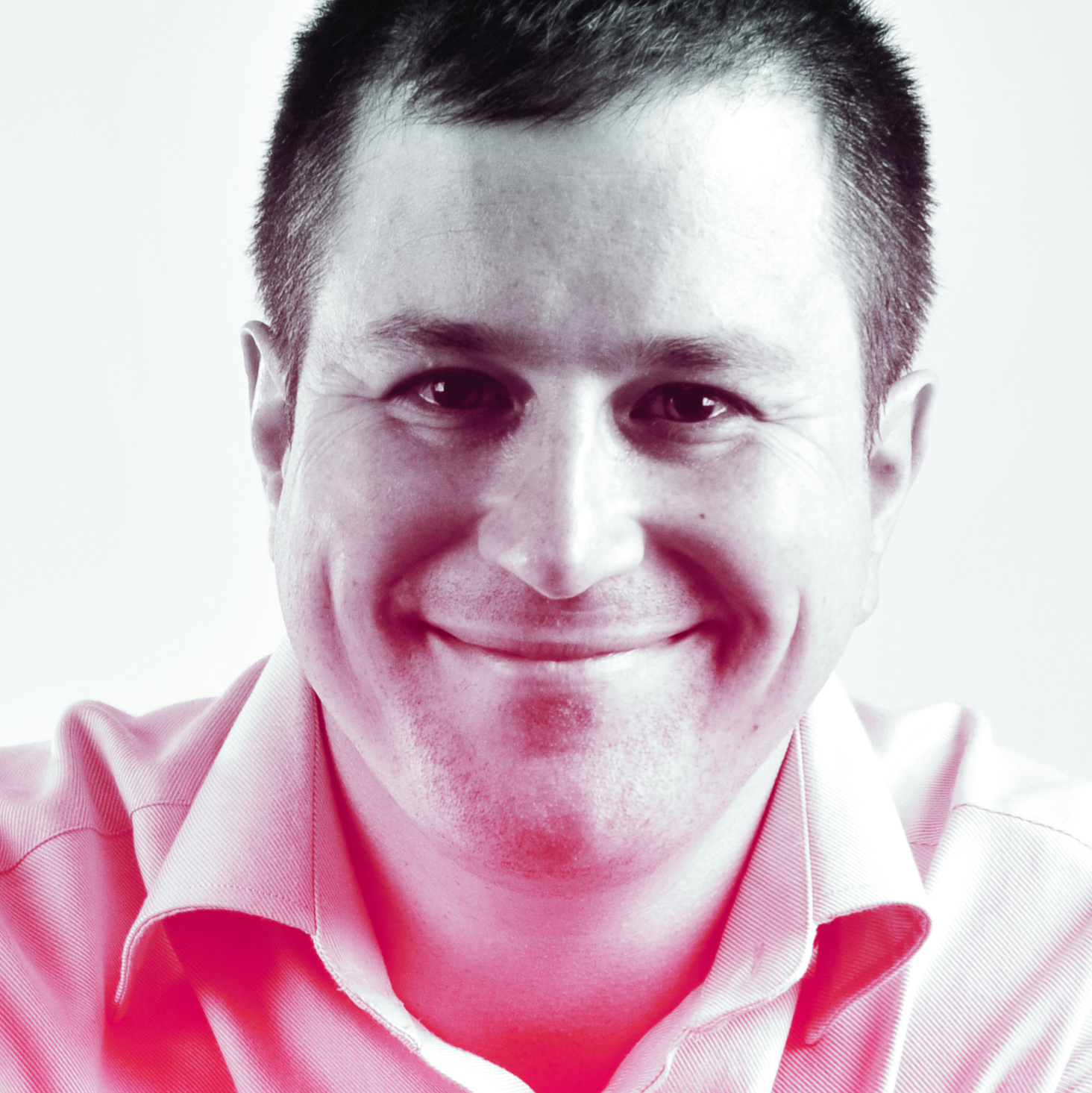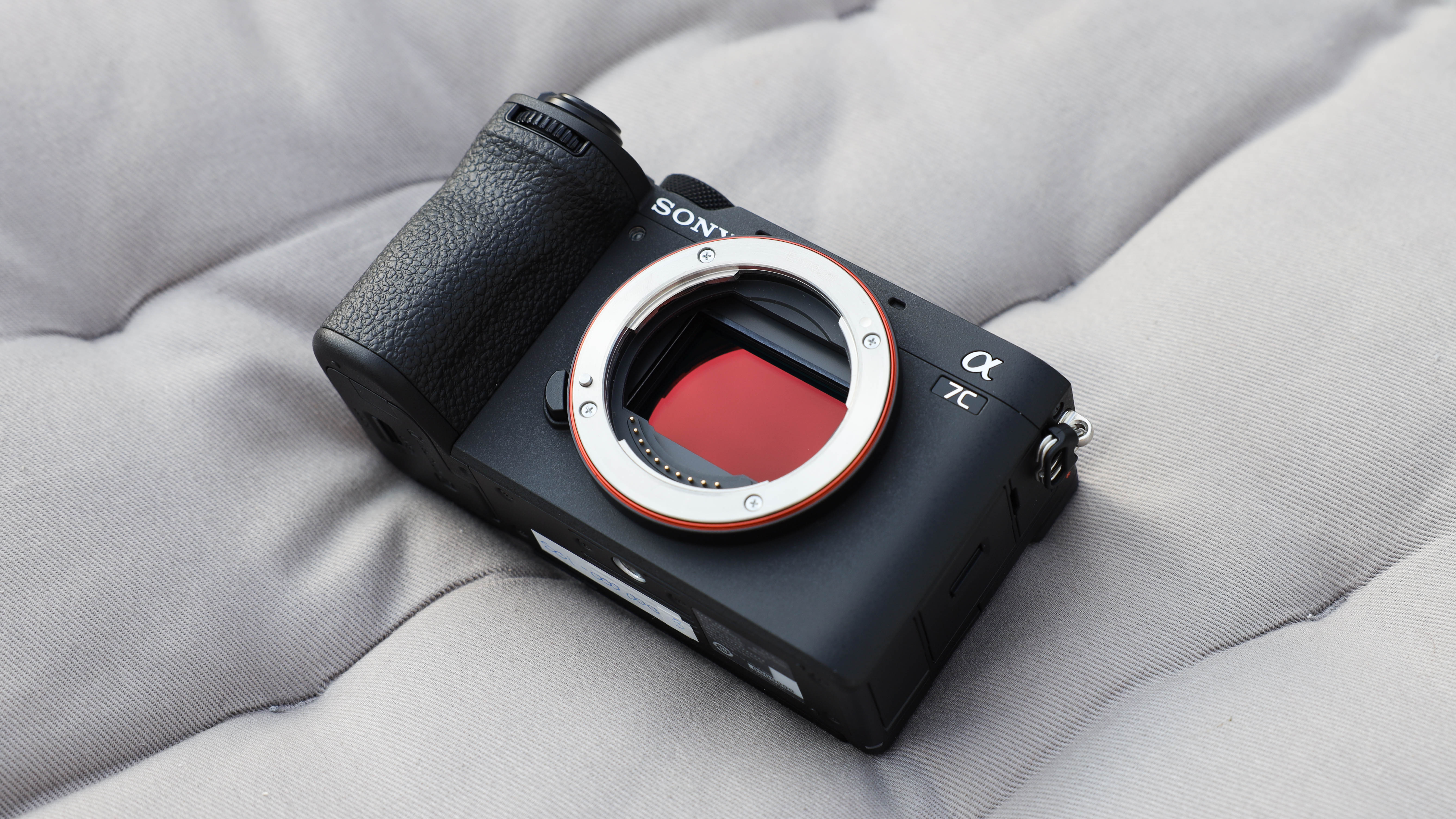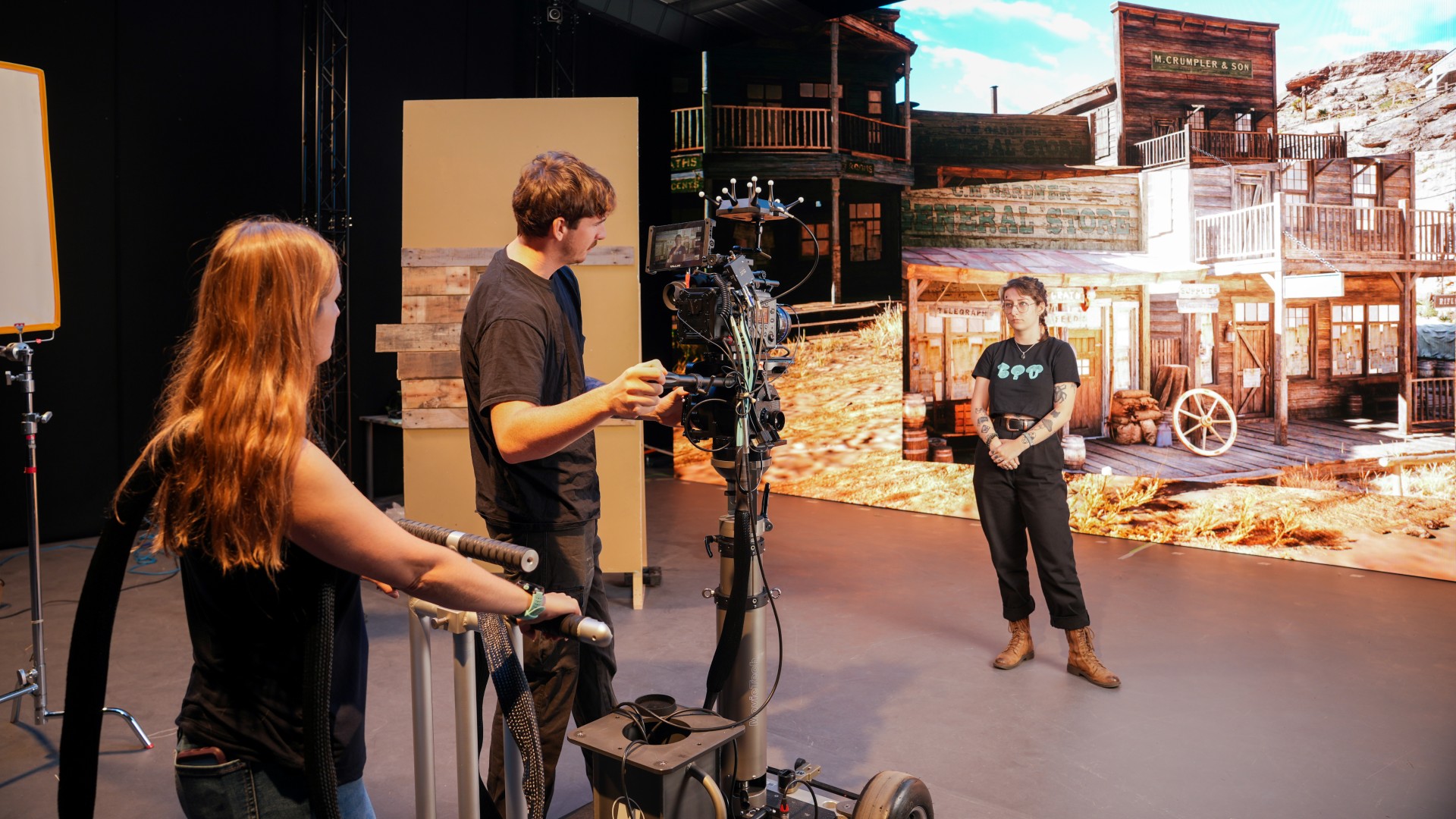
The best camera deals, reviews, product advice, and unmissable photography news, direct to your inbox!
You are now subscribed
Your newsletter sign-up was successful
The UK is not currently short of virtual production facilities. Samsung's partnership with Twickenham Film Studios created one of the largest permanent LED stages in the UK, measuring 24 x 4.5m. London's Sugar Studios offers LED walls with 1.9mm pixel pitch. But such impressive facilities don't come cheap: they're built for professionals with budgets to match.
That's what makes Norwich University of the Arts' new virtual production studio genuinely significant. This isn't just another LED wall going up; it's the first educational and commercial facility in the UK to combine Sony's VERONA panels with a VENICE cinema camera. The latter features a full-frame sensor that's specifically designed for LED sync and virtual production work, addressing the technical challenges that arise when shooting high-resolution LED panels.
In short this setup represents something the industry desperately needs: an accessible training ground for emerging talent.
Skills gap
Virtual production has evolved from novelty to necessity remarkably quickly. What began with The Mandalorian in 2019 has become standard practice across film, TV and ads. Yet there's a problem: the tech has raced ahead of education.
Sony's Virtual Production Tool Set, which includes the Camera and Display Plugin for Unreal Engine, was developed specifically to address workflow challenges such as colour matching between cameras and LED walls; technical issues that simply didn't exist five years ago. And these aren't skills you pick up on a traditional film course; they require hands-on experience with actual equipment.
Until now, that experience has been largely confined to expensive commercial shoots. Norwich's facility—with its nine-metre-wide, four-metre-high LED volume delivering 6.7 million pixels—gives students precisely this hands-on access.
The VENICE camera's integration with Sony's Virtual Production Tool Set allows filmmakers to simulate colour science, exposure index and ND filters in pre-production before crews arrive on set. This pre-viz capability is transformative for cinematographers learning to work with virtual backgrounds, where lighting, reflection and colour accuracy become exponentially more complex.
The best camera deals, reviews, product advice, and unmissable photography news, direct to your inbox!
For students, having access to this complete ecosystem means learning workflows that translate directly to professional environments. It's one thing to understand exposure theory; it's another to calibrate a cinema camera to match the colour characteristics of a specific LED wall while avoiding moiré patterns.
Importantly, this is all located alongside the university's Immersive Visualisation and Simulation Lab, creating a hub where students studying film, animation, games and visual effects can collaborate. This mirrors how virtual production actually works in the industry, where these disciplines increasingly overlap.
It's important to add, though, that these are not just academic facilities. Local production companies have already expressed interest in renting the space for commercial work. This creates an unusual opportunity: students may find themselves learning alongside, or even assisting, professional productions using the same equipment.
That might seem like wishful thinking, but consider this. Demand for virtual production space is growing faster than supply, particularly outside London. And so Norwich has the strong chance to position itself as an alternative center.
For educators and students alike, Sony's installation here offers a model that's well worth paying attention to. Mastery requires sustained access and repeated experimentation, so anyone who's serious about preparing cinematographers for contemporary production would do well to take note.
Tom May is a freelance writer and editor specializing in art, photography, design and travel. He has been editor of Professional Photography magazine, associate editor at Creative Bloq, and deputy editor at net magazine. He has also worked for a wide range of mainstream titles including The Sun, Radio Times, NME, T3, Heat, Company and Bella.
You must confirm your public display name before commenting
Please logout and then login again, you will then be prompted to enter your display name.
